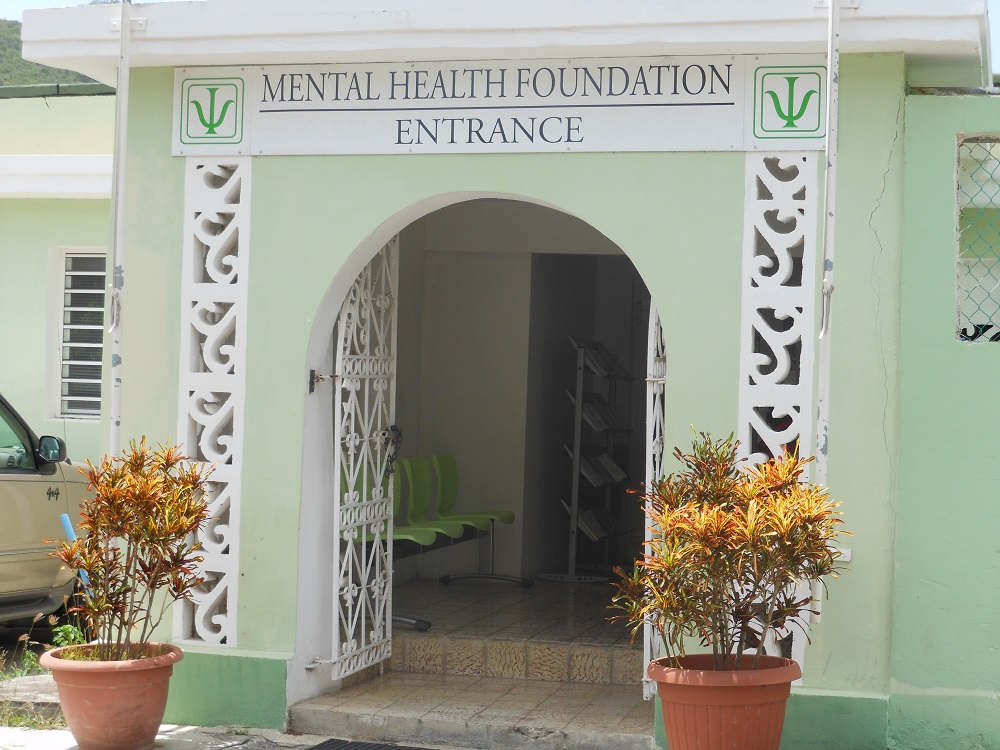Too many drugs: polypharmacy alarming trend at Mental Health Foundation

CAY HILL — Administering two and often more drugs at the same time has been the rule rather than the exception at the Mental Health Foundation for many years. Many patients are given a cocktail of medication. This is called polypharmacy or poly-medication. Last year, this changed with the arrival of two BIG-registered doctors, but only for the group of patients under their supervision.
Philipsburg Pharmacy, which supplies medication to the Mental Health Foundation, has been receiving requests from the institution in Cay Hill for more than a year now to order other, new types of medication. These include antipsychotic drugs that do not cause or promote diabetes and heart disease and can be given once every three months instead of injections every 2-4 weeks. At StMaartenNews.com, we discovered that two of the three new doctors have drastically reduced the use of medicines.
Polypharmacy makes it impossible to know which med(s) work and which don’t and which meds cause which side effects. It also causes unnecessary side effects and interactions, which can be prevented by treating the patients with the least amount of medicine in the lowest effective dose. One of the ethical code psychiatrists have to abide by is ‘Do not harm’.
For instance, haloperidol, a drug that has been administered to MHF patients for years, orally and by injection, can cause difficulty swallowing, muscle spasms, shaking (tremor), mental/mood changes (such as restlessness, confusion), thrombosis, and interrupted breathing during sleep. Olanzapine, another drug commonly prescribed in combination with haloperidol, can cause significant weight gain and may make blood sugar rise, which can cause or worsen diabetes and heart disease.
All antipsychotic drugs that treat schizophrenia, bipolar disorder, and other mental health conditions can cause neuroleptic malignant syndrome (NMS). This is a rare but severe reaction that affects the nervous system and causes symptoms like high fever and muscle stiffness. In addition to haloperidol, the drugs Chlorpromazine (Thorazine), Fluphenazine (Prolixin), Loxapine (Loxitane), Perphenazine (Etrafon) and Thioridazine (Mellaril) can also cause NMS. Of these, Fluphenazine and Haloperidol are most likely to cause it. NMS requires immediate medical intervention from a doctor.
Polypharmacy can lead to overdose and even death, accidentally or in suicide attempts, especially if the prescribed drugs are combined with other unprescribed drugs. Several sources report that the Mental Health Foundation has insufficient supervision of the administration of medication. The filing system on the computer is not always up to date with the actual medicine the patient is using, or the information is plainly not available on the new system. Therefore what, in what quantities, and with what frequency the patient should get the medicine, is not shown.
In addition to doctors and nurses, all staff also have access to the room with the medicine supply, which is not stored under lock and key. There is no registration if someone removes medication, only documented what is given to patients. Antipsychotic drugs often prescribed to treat schizophrenia can increase the risk of heart attack and irregular heartbeat. Before receiving medication, the patient should be physically examined to exclude heart and lung abnormality, anemia, and infection. Routine lab tests to determine normal liver and kidney function and to exclude, i.e., cardiovascular risk factors, pregnancy, infection, and drug abuse, need to be requested. Some medicines require knowledge of a family history of heart disease and allergies.
According to BIG standards, an examination and blood test must be carried out before a patient is admitted for treatment. Sometimes an ECG is also indicated. Reportedly, both the physical examination and the lab tests are often neglected at the Mental Health Foundation. Apparently, for many years patients have been prescribed a cocktail of medications intended for people with severe schizophrenia.
In July last year, interim director Eileen Healy of the MHF sent out a press release, headlining: “Two doctors depart Mental Health Foundation to develop their skills.” It read: “Dr. Gandotra and Dr. Kour, who commemorated eight years of services to the Mental Health Foundation (MHF), have decided to further develop their skills in the United Kingdom.” Dr. Jatinder Kour left for the UK in October 2018; her husband followed her in July 2019.
Three weeks before the press release was sent out, Eileen Healy gave an interview to Caribbean Network about the challenges with psychiatric care for detainees in prison. The need for an adequate response from the MHF became clear this week with the release of a psychiatric patient from prison who then ended up naked in Cannegieter Street in Philipsburg and became the object of a meme on social media. Healy explained last year to Caribbean Network: “The problem is that there is no forensic institute on St. Maarten, not even in prison. From next month we have no psychiatrists at our disposal. We have employed two psychiatrists from India for nine years, but the government has decided that we can only work with BIG registrants.”
Four months later, Healy again hired a psychiatrist whose name is not in the BIG register and introduced her as the new upcoming interim director of the Mental Health Foundation. This doctor, Kitty Pelswijk, ordered her bipolar patient Caulette Julien to be put in solitary confinement at MHF. Three weeks later, the 43-year old woman was found dead in the isolation cell.
###
Related articles:
Medical liability issue gets attention from government
Psychiatric patient dead in solitary confinement


























